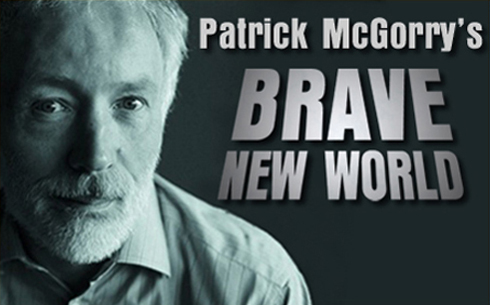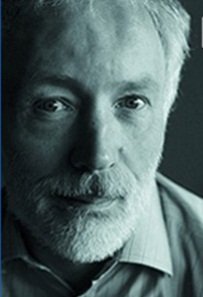
Australian Psychiatrist Patrick McGorry Aborts Controversial Antipsychotic Drug Trial on Kids Amid Protests
FORMER Australian of the Year Patrick McGorry has aborted a controversial trial of antipsychotic drugs on children as young as 15 who are “at risk” of psychosis, amid complaints the study was unethical.
The Sunday Age can reveal 13 local and international experts lodged a formal complaint calling for the trial not to go ahead due to concerns children who had not yet been diagnosed with a psychotic illness would be unnecessarily given drugs with potentially dangerous side effects.





SHARE YOUR STORY/COMMENT: